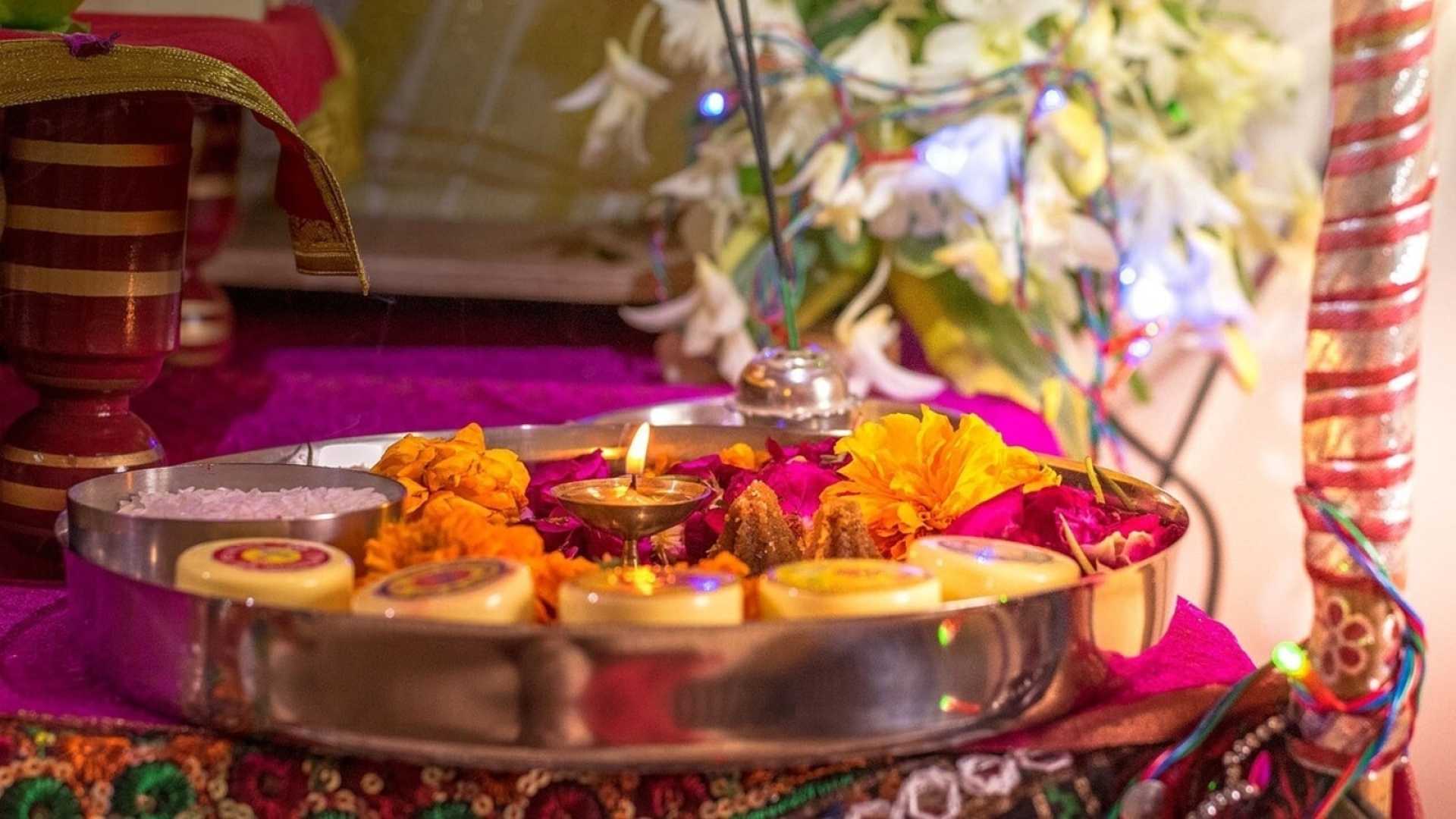News
Jitiya Vrat Observance in India: Rituals and Significance

The Jitiya Vrat, also known as Jeevitputrika Vrat, is observed during the Ashtami Tithi of Krishna Paksha in the month of Ashwin. This year, the observance falls on September 25, 2024, coinciding with the Dwipushkar Yoga, which spans from 6:11 AM to 12:38 AM. The auspicious yoga is believed to bestow blessings for the long lives of children when prayers are offered during this period. Predominantly observed in Bihar, Uttar Pradesh, and Jharkhand, the vrat involves women fasting for the longevity and well-being of their children. The fast, which is a waterless one, begins with ‘Nahai Khai’ and extends over the days of Saptami, Ashtami, and Navami. The recital or listening of the Jitiya Vrat Katha is integral to the rituals and is thought to bring happiness and prosperity to the family.
According to the folklore associated with the Jitiya fast, King Jimutvahan is a legendary figure honored for his sacrifice and altruism. As per the narrative, King Jimutvahan renounced his kingdom to live in a forest, where he encountered a sorrowful Nag woman lamenting over the predation of serpents by Garuda, the mythological bird. Garuda had an agreement to take a serpent daily, and it was the woman’s son’s turn, Shankhchud. Jimutvahan, moved by compassion, volunteered to replace the serpent with himself, draping in red cloth much like the sacrificed serpents. Garuda, impressed by Jimutvahan’s bravery and selflessness, spared his life and promised to end the practice of hunting serpents. This act of self-sacrifice is commemorated through the Jitiya Vrat, symbolizing protection and the welfare of offspring.
The timings for the vrat hold significance, with various ‘muhurats’ or auspicious periods marked throughout the day. The ‘Shubh Muhurat’ is from 4:42 PM to 6:14 PM, whereas the ‘Brahma Muhurat’ is observed from 4:36 AM to 5:21 AM, followed by ‘Amrit Kaal’ from 12:12 PM to 1:48 PM and ‘Vijay Muhurat’ from 2:13 PM to 3:00 PM. Another critical period is the ‘Godhuli Muhurat’, from 6:12 PM to 6:38 PM.
The Jitiya fast is widely acknowledged for its spiritual and cultural importance, with its roots tracing back to ancient practices aiming at the protection of progeny, invoking the traditional tale of Jimutvahan’s valor. While the narrative speaks to mythos, millions uphold the vrat today with sincere devotion. Disclaimers by public sources such as Amar Ujala highlight the basis of these practices in local traditions, clarifying that authenticity rests on belief rather than empirical evidence.












